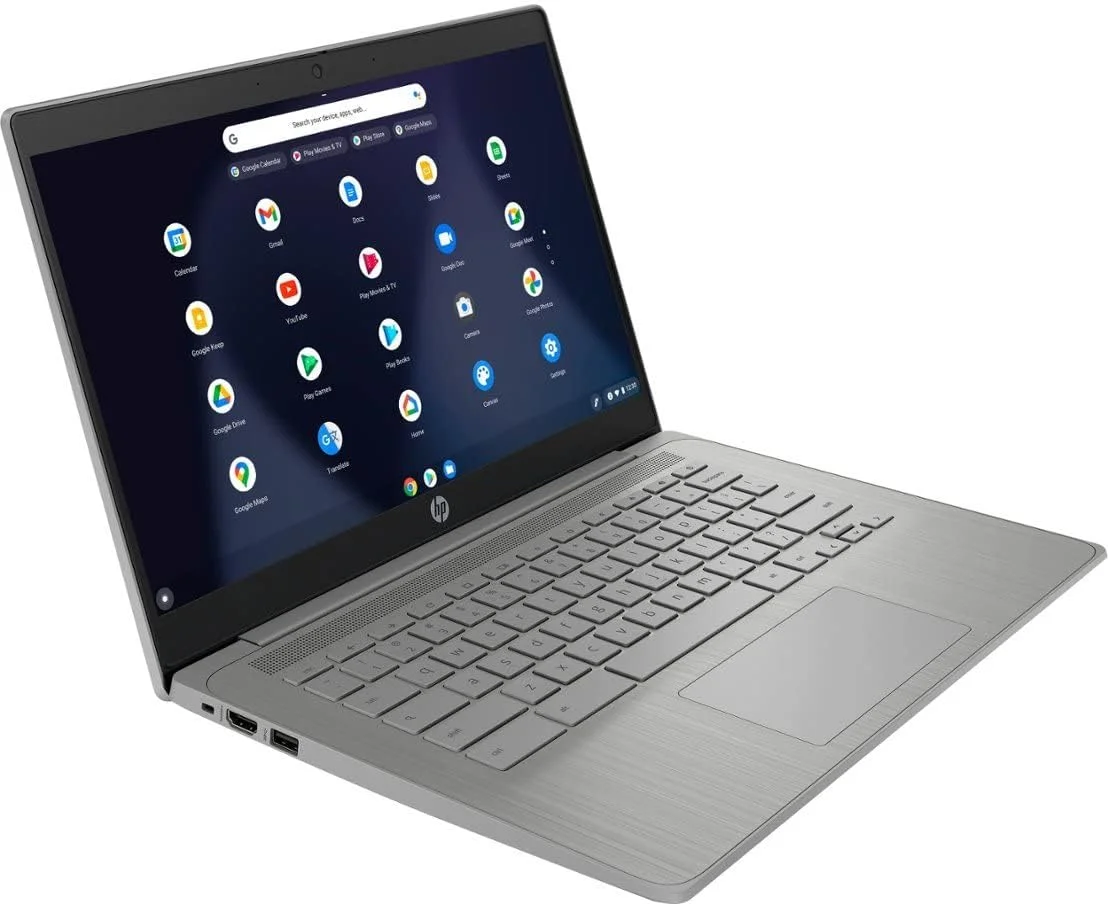Introduction
Laptops have become essential companions in our daily lives, whether for work, study, or entertainment. As these portable devices grow more powerful, they also generate more heat, which can lead to performance issues or even hardware damage if not properly managed. This brings us to an important question that many users ask: Does AC keep laptop cool? In this blog post, we’ll explore whether air conditioning effectively manages laptop temperature and ensures optimal performance, especially in hot climates.
How Heat Affects Laptop Performance
Laptops, like all electronic devices, are sensitive to temperature changes. When a laptop operates at high temperatures for prolonged periods, its performance can suffer. The CPU and GPU, which are your laptop’s brain and graphics engine, can throttle down their speeds to avoid overheating, leading to slower performance and longer load times.
Furthermore, excessive heat can cause long-term damage to internal components, including the motherboard and battery, reducing the lifespan of your device. Overheating can also result in sudden shutdowns or crashes, leading to potential data loss. Some common signs that your laptop is overheating include unusually loud fan noise, a noticeable decrease in performance, and the laptop’s surface becoming hot to the touch.
Overheating can be especially detrimental to older laptops. If you’re using legacy tech, explore our tips on how to keep your old gear running like new by addressing common repair needs.
Common Methods to Keep a Laptop Cool
To avoid the pitfalls of overheating, laptop users have traditionally relied on several cooling methods. These include using built-in fans, elevating the laptop to improve airflow, and employing external cooling pads that have additional fans. Proper ventilation is crucial, so keeping the laptop on a hard, flat surface rather than a soft surface like a bed or couch is often recommended.
However, as summer temperatures soar, and users find themselves working in warmer environments, these traditional methods may not always suffice. This has led to a growing interest in alternative cooling techniques, such as using air conditioning. This raises the question: Does AC keep laptop cool effectively, or is it just a temporary fix?
Can AC Really Keep Your Laptop Cool?
Air conditioning is a common method to cool down rooms and maintain a comfortable environment. But how effective is it in cooling down a laptop? To answer this, we first need to understand how AC works. An air conditioner reduces the temperature of a room by removing heat and moisture from the air, creating a cooler and less humid environment.
When your laptop is in an air-conditioned room, the surrounding cooler air can help dissipate heat more effectively than in a non-AC environment. This can lead to a reduction in the laptop’s operating temperature, potentially preventing overheating. However, the effectiveness of AC in cooling your laptop depends on several factors, such as the placement of the laptop in the room, the overall room temperature, and the laptop’s cooling system.
While AC can assist in maintaining a lower ambient temperature, it’s not a foolproof solution. For instance, if your laptop’s internal cooling system is inadequate or blocked by dust, simply having AC on won’t prevent overheating. Additionally, if the laptop is placed in a poorly ventilated area or too close to the AC vent, it might either not receive enough cool air or could be exposed to fluctuating temperatures that may cause condensation inside the device, leading to potential damage.
Does AC keep laptop cool then? The answer is yes but with caveats. It’s most effective when used in conjunction with other cooling methods and when the laptop is positioned correctly in the room.
While keeping your laptop cool is crucial for its longevity, it’s also important to protect it from physical damage. Check out our guide on how to protect your laptop from physical damage to ensure comprehensive protection.

Comparing AC Cooling with Other Methods
While using AC to cool a laptop has its benefits, it’s important to compare it with other methods to understand the full picture. Cooling pads, for instance, are specifically designed to help dissipate heat from laptops. They can be used in any environment and don’t rely on external factors like room temperature.
Internal fans, which are built into most laptops, are also designed to keep the device cool. However, these can become less effective over time due to dust buildup or wear and tear. Unlike AC, cooling pads and internal fans target the laptop directly, which can sometimes make them more effective in immediate cooling.
Another consideration is energy efficiency. Running an air conditioner constantly just to keep your laptop cool can be expensive and environmentally unfriendly. Cooling pads, on the other hand, consume much less energy and can be a more sustainable option.
Best Practices for Keeping Your Laptop Cool in an AC Environment
If you’re working in an air-conditioned room, there are several best practices to ensure your laptop stays cool. Firstly, place your laptop on a hard, flat surface to improve airflow. Avoid placing it directly in the path of the AC vent to prevent uneven cooling or condensation.
Additionally, keep the laptop’s vents clear of obstructions and consider using a cooling pad to supplement the AC’s cooling effect. Regularly clean the laptop’s fans and vents to prevent dust buildup, which can impede airflow and reduce cooling efficiency.
Monitoring your laptop’s temperature is also essential. Use software tools to keep an eye on internal temperatures and take action if they begin to rise. Adjusting the AC settings to maintain a consistent room temperature can also help in keeping your laptop within safe operating limits.
Does AC Keep Laptop Cool ? Recommended products here
Conclusion
So, does AC keep laptop cool? The answer is yes, it can, but it’s not a standalone solution. While air conditioning can lower the ambient temperature and help dissipate heat from your laptop, it should be used alongside other cooling methods for the best results. Ensuring proper ventilation, using cooling pads, and maintaining your laptop’s internal cooling system are all critical steps in keeping your device cool and functioning optimally.
In conclusion, while AC can be a valuable tool in your laptop cooling arsenal, it’s essential to combine it with other strategies to effectively beat the heat. Share your experiences and tips in the comments below, and let us know how you keep your laptop cool during those hot summer days!
If you’re frequently on the move with your laptop, keeping it cool in different environments is essential. Don’t forget to also stay stylish and organized with the top 10 trendiest laptop backpacks for women.
FAQs
Yes, AC can help keep laptops cool by lowering the ambient temperature in the room, which aids in heat dissipation from the laptop. However, it should be used alongside other cooling methods, such as proper ventilation and cooling pads, to ensure optimal cooling.
It’s not recommended to place your laptop directly under the AC vent. This could lead to uneven cooling and potentially cause condensation inside the laptop, which can damage internal components. It’s better to place the laptop in a well-ventilated area where it can benefit from the overall cool environment created by the AC.
Common signs of overheating include loud fan noise, decreased performance, unexpected shutdowns, and the laptop’s surface becoming excessively hot. If you notice these symptoms, it’s important to take steps to cool your laptop down to avoid potential damage.
To maximize cooling, place your laptop on a hard, flat surface, use a cooling pad, and ensure that the laptop’s vents are unobstructed. Regularly clean the fans and vents to remove dust buildup, and consider using software to monitor your laptop’s internal temperature.
Yes, prolonged exposure to high temperatures can damage your laptop’s internal components, including the CPU, GPU, and battery. Overheating can also lead to performance issues, such as throttling, where the laptop slows down to reduce heat, and can even cause permanent damage if not addressed.
Other methods include using external cooling pads, ensuring good ventilation by placing the laptop on a hard surface, and cleaning the internal fans and vents regularly. You can also adjust your laptop’s power settings to reduce heat generation by limiting the CPU usage.
If your laptop continues to overheat despite being in an air-conditioned room, it might be due to issues such as dust buildup in the vents, a malfunctioning internal fan, or software running that is putting too much strain on the CPU. Try cleaning the vents, using a cooling pad, and monitoring your laptop’s temperature with software. If the problem persists, consider getting your laptop serviced.
Using AC can contribute to extending the lifespan of your laptop by maintaining a cooler operating environment, which reduces the strain on internal components. However, it’s important to combine AC with regular maintenance, such as cleaning the vents and ensuring proper ventilation, to maximize the longevity of your device.
If your laptop’s fans are running loudly even in an air-conditioned room, it could be a sign that the internal components are still overheating or that the fans are struggling to maintain a safe temperature. Check for dust buildup in the vents, ensure the laptop is placed on a flat surface, and consider using a cooling pad. If the problem persists, it may be time to have your laptop serviced to ensure the fans are functioning properly.









